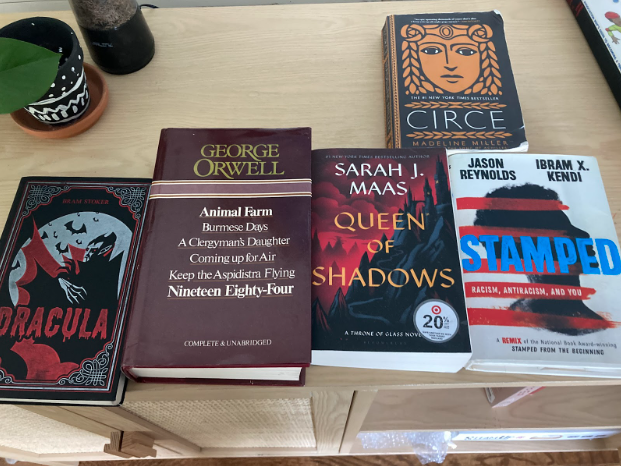On December 14, 2017, headlines nationwide proclaimed that the Federal Communications Commission (FCC) had voted to repeal net neutrality. The topic proceeded to take the entire internet by storm, flooding social media feeds with numerous petitions and Ajit Pai memes–and yet, it seemed many were left with some burning questions unanswered: what even is net neutrality, and what does it mean for me?
Net neutrality is defined as the principle of regulating Internet Service Providers (e.g Comcast, AT&T, Verizon) and preventing them from favoring or blocking certain services, websites, and apps. Essentially, net neutrality was created in an effort to keep to internet open and free, put in place by the Obama administration in 2015. Since early 2017, however, when Donald Trump elected Republican Ajit Pai as the chairman of the FCC, the department under which net neutrality regulations fall, there has been action to remove these “open internet” policies. And they quickly succeeded — in a 3-2 vote, the FCC chose to put an end to net neutrality.
But what are the pros and cons? It depends on how you look at it. The reason the FCC and many Republican lawmakers supported the repeal of net neutrality is because they believe that the internet is a competitive and growing industry, and that government regulations do nothing but limit business innovation.
“At the dawn of the commercial Internet, President Clinton and a Republican Congress agreed that it would be the policy of the United States ‘to preserve the vibrant and competitive free market that presently exists for the Internet . . . unfettered by Federal or State regulation,’” said Pai. “… It is time for us to act to bring faster, better, and cheaper Internet access to all Americans… It is time for us to restore Internet freedom.”
On the other side of things, many Democrats believe that having net neutrality in place is important because it keeps everything on the internet equal, without letting ISPs discriminate internet speeds based on competition.
Sophomore Shrika Madivanan shares why she feels that net neutrality is so important.
“It is important to me for several reasons,” she said. “Firstly, it will affect personal experiences with the Internet. Cable companies could censor websites and favor their own business partners. This will mean I won’t be able to access websites without paying. These companies could also potentially charge extra fees to some of the big companies that can afford preferential treatment–regulating everyone else to a slower tier of service.”
Madivanan is of the firm belief that the lack of net neutrality hinders freedom of expression.
“It affects small businesses and marginalized communities. Without net neutrality small businesses will not be on the same playing field as big corporations,” said Madivanan. “Entrepreneurs and startups need the internet to allow their businesses to flourish. Additionally, the internet has done a lot in terms of creating movements and communities for underrepresented people. Without net neutrality, these people will lose their platform. The bottom line is that without net neutrality there will be a lack of freedom of expression that will disservice almost everyone.”
Although, if net neutrality did not go into effect until 2015, then what did the internet look like before hand? Again, it depends on who you talk to. While Republicans might argue that the pre-2015 internet was a time of expansion, growth, and innovation, during which the internet became the thriving success that it is today, Democrats would respond that despite this, there was a lot of unfair discrimination from ISPs, including big scandals with AT&T and others blocking certain services, which is why net neutrality laws were put in place.
Now the biggest question: how will net neutrality affect our day to day lives? It’s hard to say. There have been a lot of pictures flying around, claiming that every Google search will cost $.4.00 or that every Youtube video will cost $3.00 to view. These are certainly not true, but without net neutrality, companies like Google and Netflix will have to pay ISPs additional money in order to attain the highest internet speeds, which may raise the price of services. In addition, many countries around the world, including Argentina, Brazil, Canada, China, France, Italy, and Japan have no laws enforcing net neutrality, leading many to believe that the US will not suffer too much. Still, the opposition of the repeal protests that allowing ISPs to censor and slow down certain sites is a violation of freedom of expression.
Net neutrality has been a debate going on for over 20 years, and this repeal is neither the first nor the last time we will be hearing about it. Depending on what side you take, you could see it as a relief to businesses and the economy, or as a restriction on personal rights and freedoms. While this not the “death of the internet”, it could be the beginning of a different internet experience.






